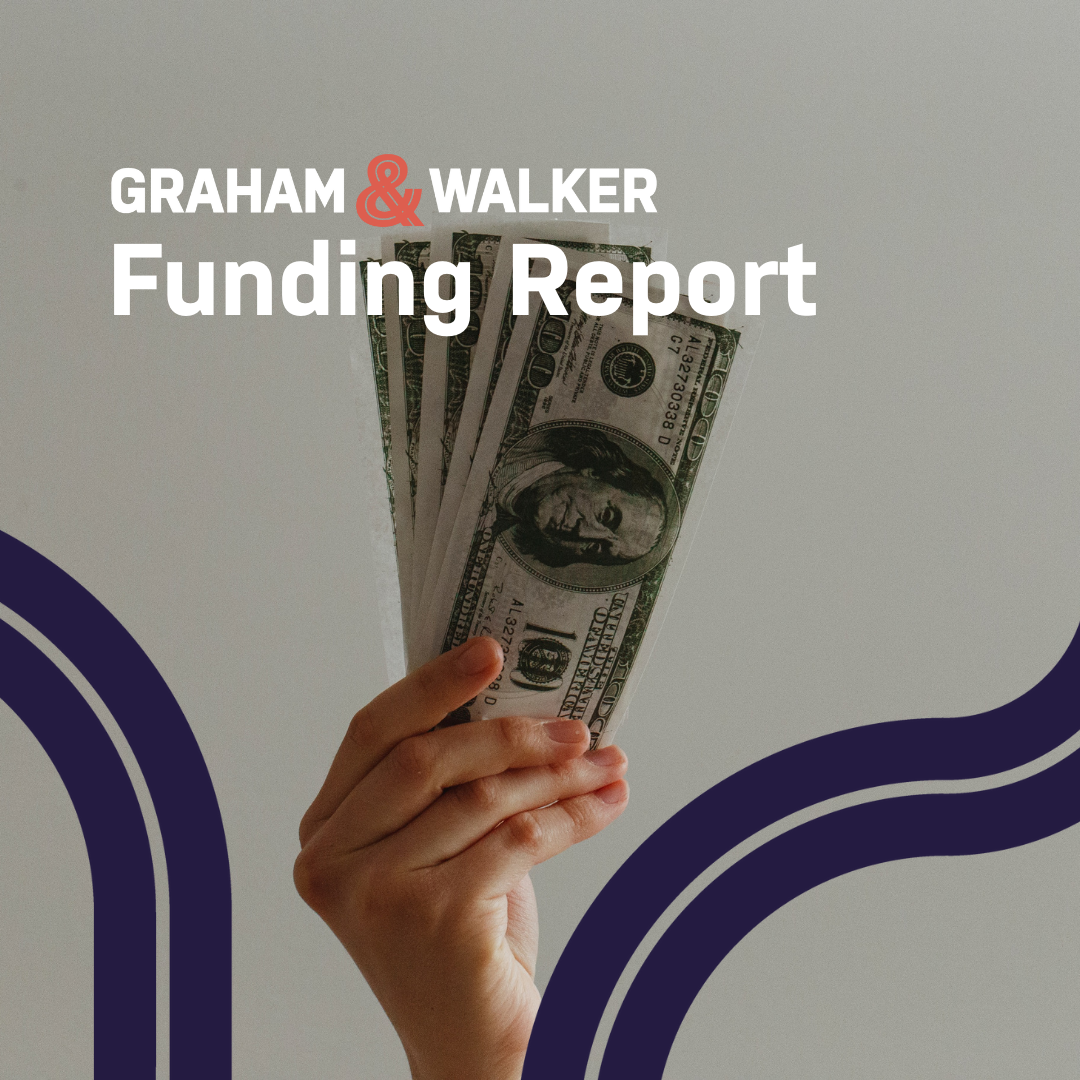
Dennis Joyce is an early-stage investor with over 15 years of experience. He has been a key ally and close friend of FFA.
Tell us about the professional journey that took you where you are today. What major lessons did you learn along the way?
I started my career as a real estate manager, developer and investor. I grew up in a real estate family. My jobs as a teen were in the family business whether it be cleaning and painting apartments and property maintenance all the way to bookkeeping and tenant relations. In a family business the work never ends. I have always been passionate about investing and entrepreneurship. Along the way I’ve had experience starting companies, investing in syndicates, and generating exits for investors. About 6 years ago I decided to take the plunge and dedicate all my energy to investing in startups. My focus is in Seattle based startups, and I love supporting underrepresented and diverse teams. I’ve learned a few things along the way but my primary takeaway is if you love the work, love your teammates, and believe in the mission you will be willing to make all the sacrifices necessary to be successful. But it all starts with love.
What motivates you?
A few things motivate me – the thrill of the journey, supporting great ideas and people, the excitement of seeing the impossible happen.
What do you look for in a potential investment?
I look for a) founders with that “it” factor (I call it the Eye of the Tiger); b) businesses I can understand, and; c) huge marketplaces.
How do you find and curate your deal flow? What are the most effective ways for a founder to connect with you?
Deal flow comes from a lot of places. Some stuff comes cold from LinkedIn or email. I get referrals from other investors or founders. I meet people at events in the Seattle scene. I see a lot at office hours and at screening events I attend at the angel groups. In a small ecosystem like Seattle, most active angel rounds make their way to active angels eventually. I don’t see everything a VC would see, but I see enough. The most effective way to get to me is to purposefully approach me with questions or through a warm intro from another person in the ecosystem. I try to meet with anyone who asks. I mess up now and then. It happens. I will say, if someone wants to approach me and I drop the ball or forget to return an email, try me again. I’d hate to miss the next great company.
What are the major trends you are seeing in your investment space?
The major trends in VC in Seattle are encouraging. The big institutions have gotten bigger. There is greater interest in meeting with female founders and diverse teams, and there are more funds out there. People are at least discussing the lack of diversity and the terrible biases and abuse of power in early stage investing. It seems everyone wants to get ahead of that (at least rhetorically). The negatives are: there are less angels actively writing meaningful checks, there are still not enough funds, the funds themselves can be inaccessible, and there is not enough collaboration between funds and angels. And finally there is still a TON of bad behavior and abuse of power by investors. A ton. While it may never fully go away, it makes me ill when I see it.
What are a few of the investments that you are the most proud of, regardless of the company’s success?
I am proud of all of them because my companies are my family and I love them with all my heart and soul. The ones I am most proud of are the ones that raise their rounds, build their products, and are continuing to build their products. I’m eternally grateful for the opportunity to work with the great teams at Blokable, Visual Vocal, Ripl, Heroclip, Citybldr, Jet.me, and Flavorcloud, among others. Jet.me was my first angel deal. We took the company from idea, to market and raised a Series Seed round. I really thought this was going to be the Big One. Not everything goes as planned. But a great journey!
What do you wish founders knew about before meeting you and other investors? What about female founders specifically?
I wish founders would understand that at the end of the day, I am investing my own money to help you build your company, and that I need an exit to make this all worthwhile. I’ll do whatever I can to help, but I won’t be able to do anything unless there is an open line of communication and you ask. I notice it when the only email updates I receive are to hit me up for more money. After a while it’s like “what is it now?” FOR FEMALE FOUNDERS – the world is just beginning to wake up and understand the problem of lack of funding for female founders and diverse teams. There is still a lot of bad behavior out there and the surest way to silence the doubters is to make them regret passing by building an awesome company. Finally, make sure to reward your early believers because they were there before VCs and institutions, or whomever. You can reward them by delivering great terms that reward those early believers.
Anything else you want our readers to know?
Investors are here to help you get funded and support your growth. When you pitch them, you are looking to engage them to become part of your team. Building a company is a long process with doubt and rejection at every turn. There are lonely days and nights, meaningless coffee shop meetings, brutal trips, boring conferences, self-congratulatory panels, and big presentations that end in rejection. Along the way you will find believers. Hold on tight to them and take them on your journey with you.

